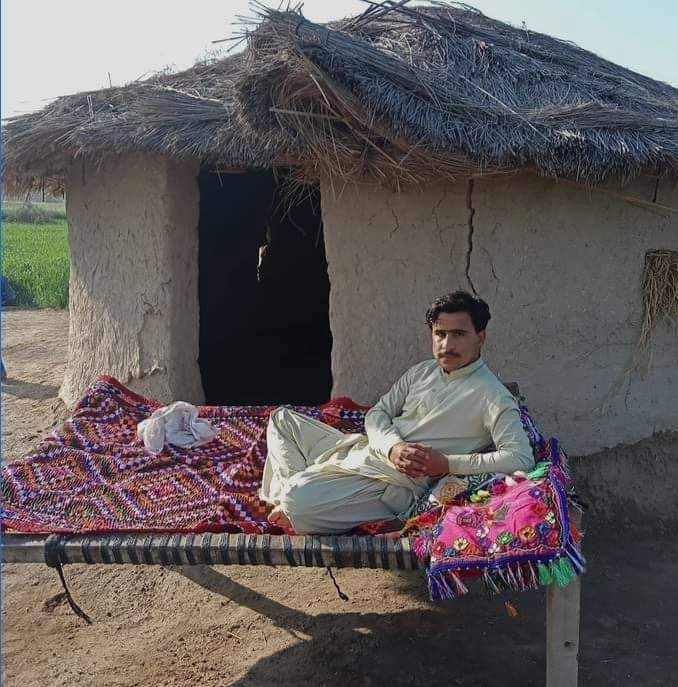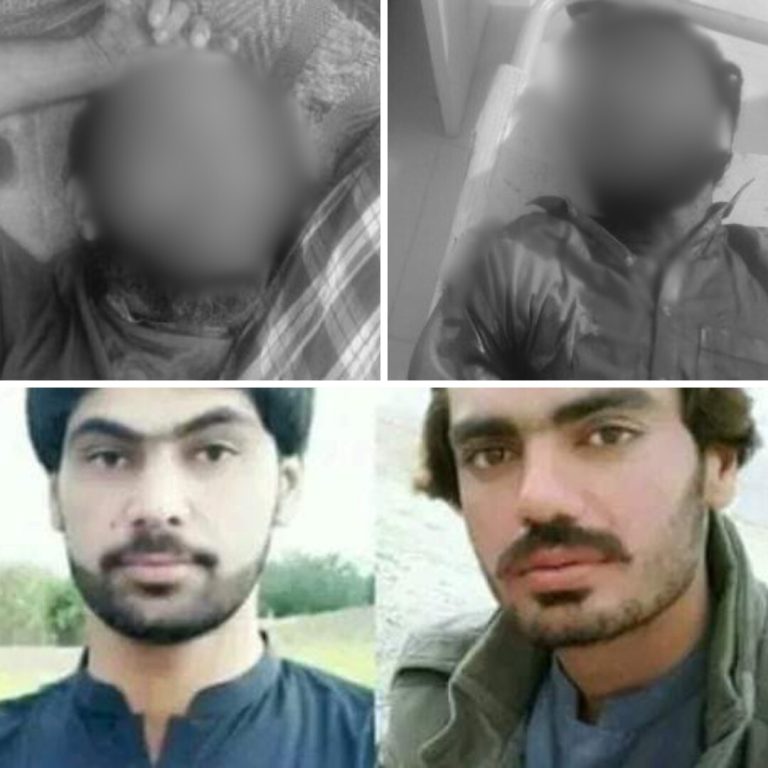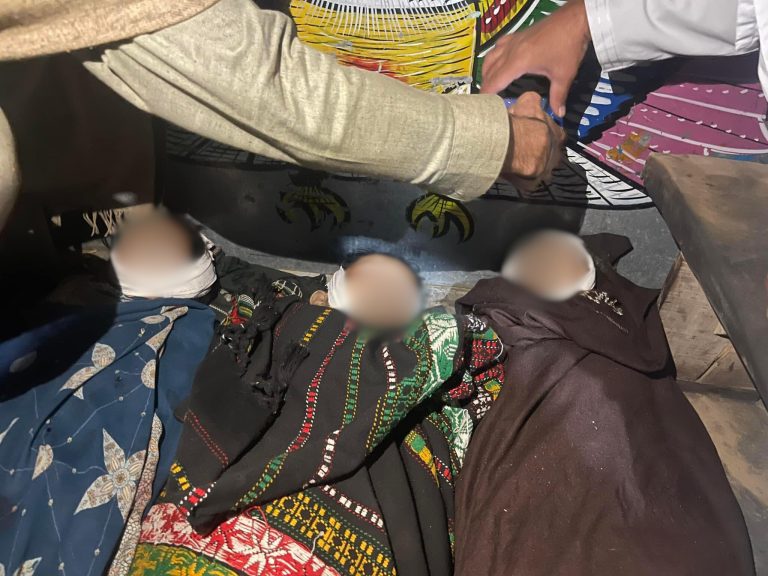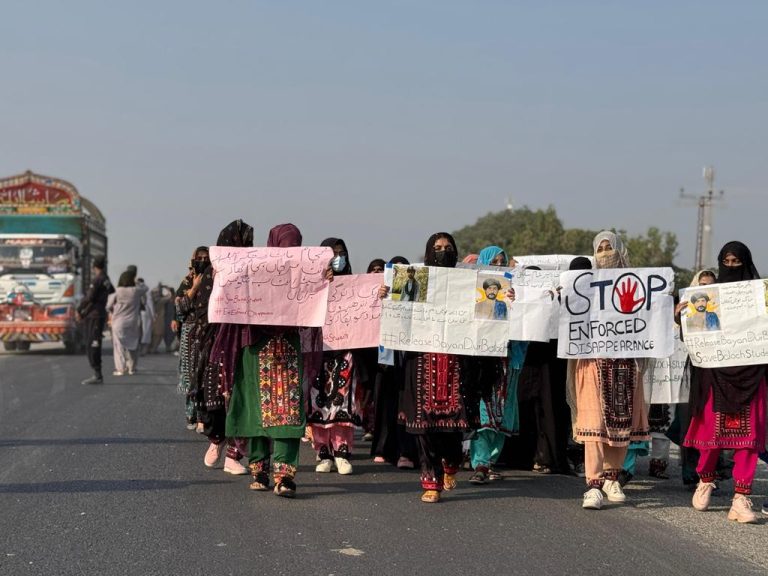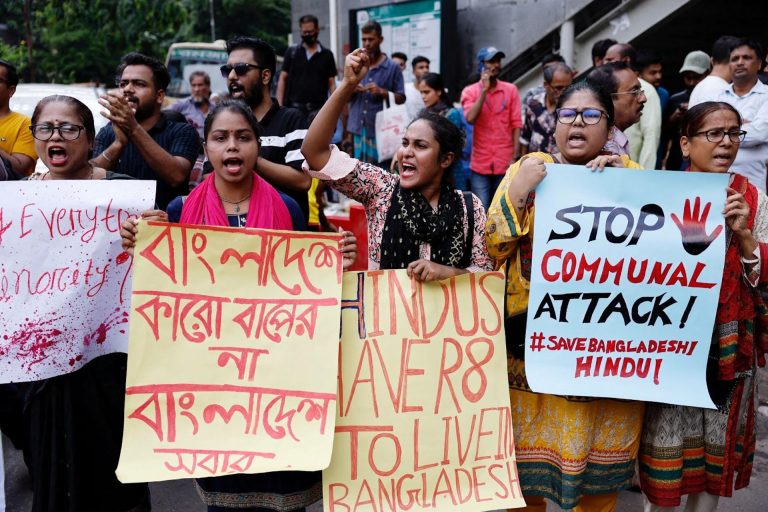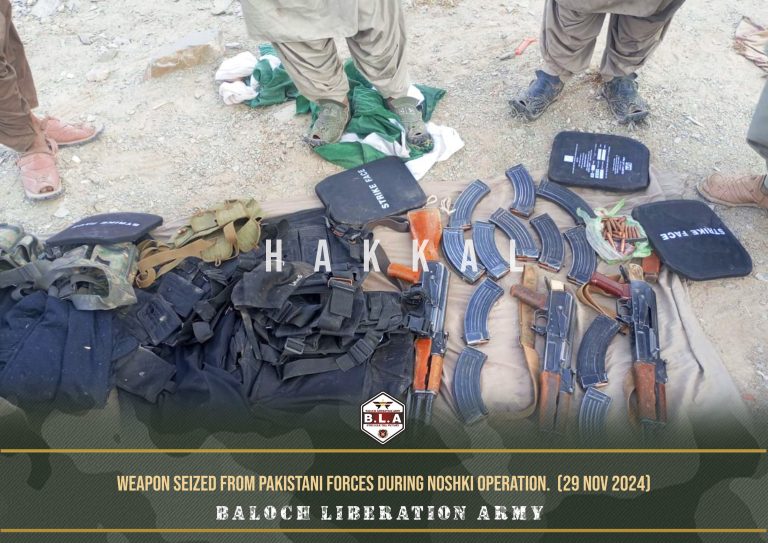The Loknath Baba Temple in the Doyara Bazar area of Sunamganj district, Bangladesh, was attacked and vandalized by Islamists on the night of December 3, 2024. The assault left the temple in ruins, with the sacred Murti desecrated and all valuable items looted.
This attack is yet another grim reminder of the escalating hostility faced by minorities in Bangladesh. The Hindu community, already marginalized and vulnerable, has repeatedly called on the government to protect their religious sites, but their pleas seem to fall on deaf ears. Despite the gravity of the incident, authorities have yet to take meaningful action to address the growing threat of Islamist violence or ensure the safety of minority communities.
The Bangladeshi government is turning a blind eye to such incidents, prioritizing appeasement of extremist elements over safeguarding minorities. While leaders often issue hollow statements of condemnation, concrete steps to prevent these attacks and hold perpetrators accountable remain alarmingly absent.
The assault on Hindu temples and the systematic abduction and conversion of Hindu women are a testament to the increasing radicalization of parts of Bangladesh’s political and religious landscape.



